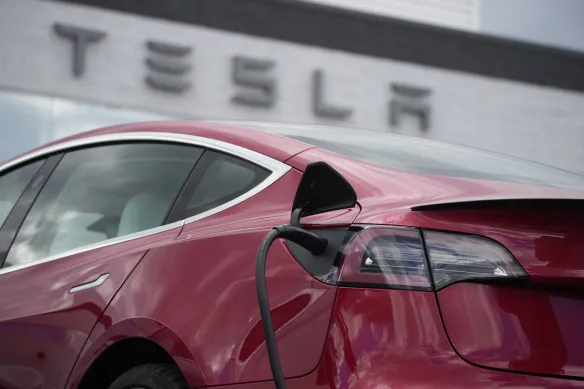Tesla, the electric car company led by billionaire Elon Musk, recalled over two million vehicles following findings by the US regulator that its Autopilot driver assistance system had defects. This decision comes after a comprehensive two-year investigation into accidents involving Tesla cars where Autopilot was engaged.
The recall has impacted nearly every Tesla model sold in the United States since the introduction of Autopilot in 2015. Tesla plans to address the issue through a software update delivered “over the air,” negating the need for a physical dealership or garage visit. However, this update is still classified as a recall by the regulator.
Autopilot, designed to assist with driving tasks like steering, acceleration, and braking, still requires active driver participation. The US National Highway Traffic Safety Administration (NHTSA) identified the recall’s cause as a flaw in Autopilot’s driver monitoring system, which should ensure driver engagement, such as maintaining hands on the wheel.
The NHTSA’s “extensive” investigation, which reviewed 956 crashes where Autopilot was reportedly active, led to Tesla’s admission of potential inadequacies in the system to prevent driver misuse. In its statement, the NHTSA emphasized the importance of responsible deployment of automated technology to ensure safety and stated its intent to continue monitoring the software after its update.
This incident marks Tesla’s second recall this year. Recently, Tesla defended Autopilot’s safety on X (formerly Twitter), countering a Washington Post article. The company cited data showing reduced crash rates when Autopilot is engaged, arguing that more automation technology leads to safer driving conditions.



